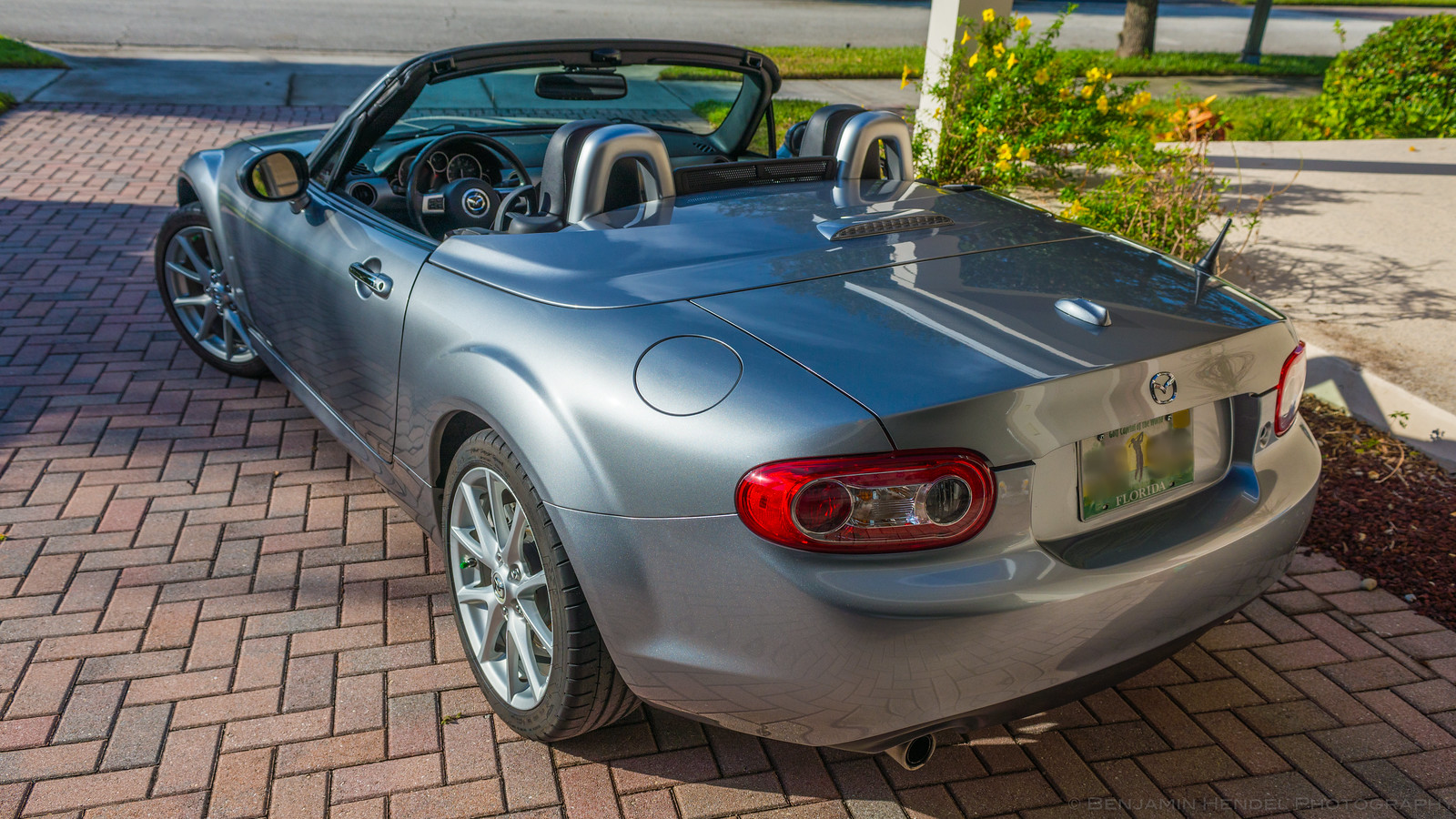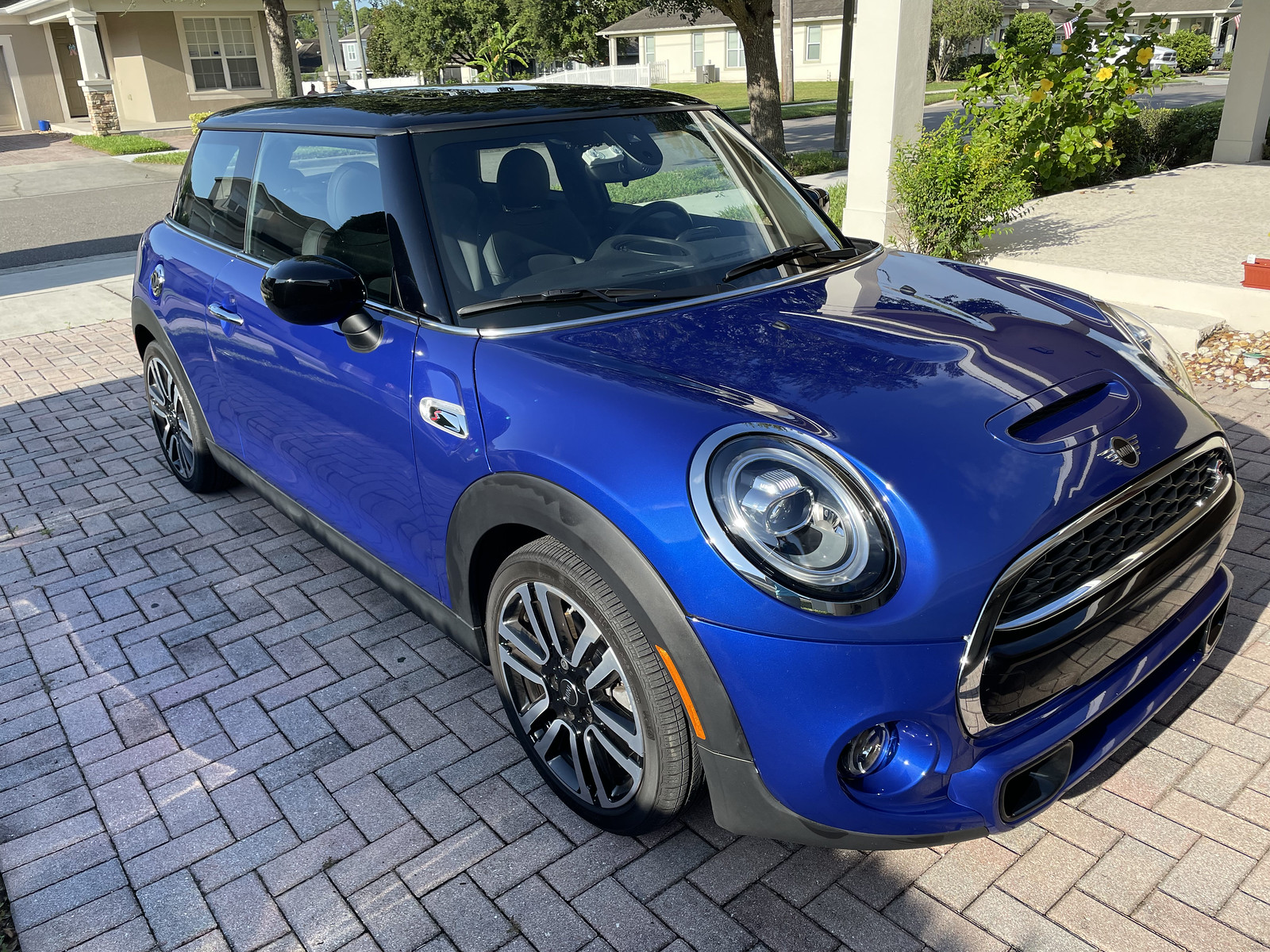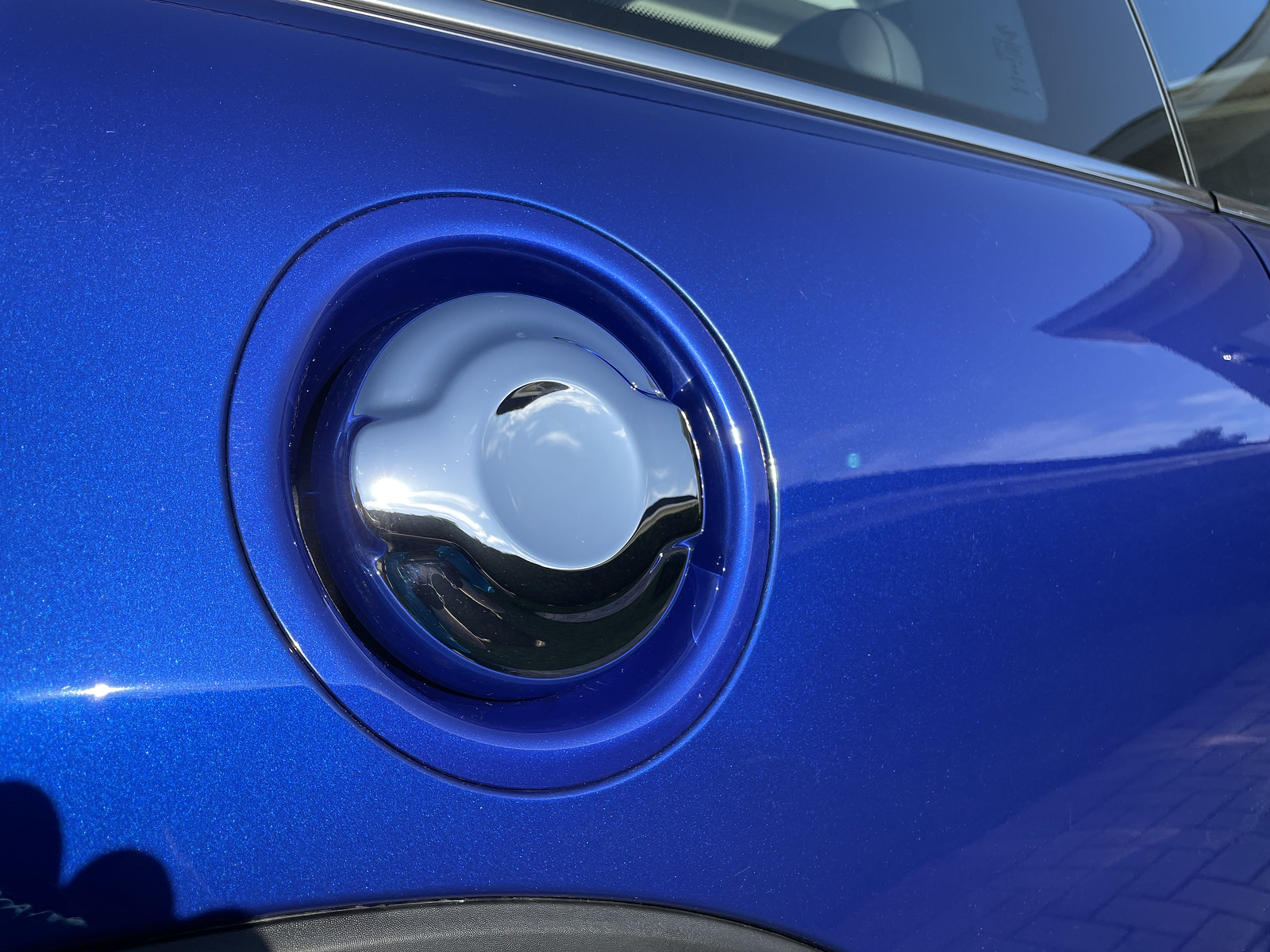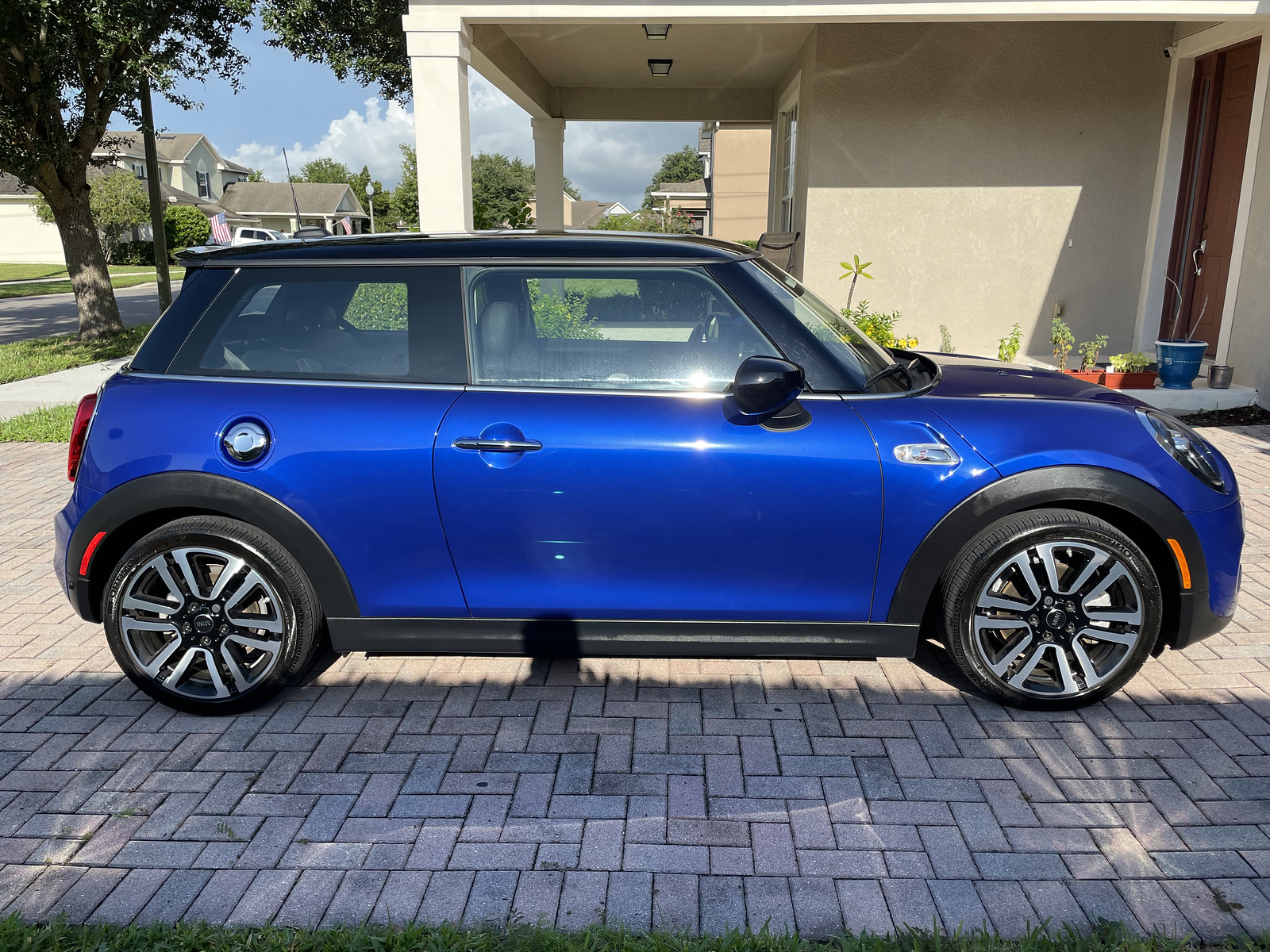Topic: So you want to detail your ride
Ever since I saw how much a good car detailer actually costs, I decided that I was going to start detailing my car by myself. What is detailing? Detailing is all of the stuff above and beyond just washing one's vehicle. It's all of the various techniques, creams, glazes, waxes, polishes, and tools associated with making your vehicle look its best for as long as possible. You can start with just applying a good wax all the way up to a full day checklist worth of work.
There are a lot, lot, lot of things you can do to your vehicle to make sure it looks its best. Usually, you spend a lot of time up front fixing all of the problems and then settle into a maintenance schedule, which is a lot less work. The first time I did a detail, I had a 23 step checklist (I've attached a screenshot) that I taped inside my garage and checked off as I went along. It took me a lot, lot of time to do this, an entire day, but it cost me less than $500 in parts and tools. While that does seem like a lot of money, a good paint correction detail can cost several thousand dollars and while you're left with a really fantastic looking car, you may not be able to maintain it. Everything I bought for that day has been used again multiple times. And, once you have all this stuff, your friends come over after seeing how good your car looks and then you get to direct them on how to make their car look good too, and they'll usually kick in a few bucks for the consumables they used. Also, it's way more fun to detail when there are more people around. My first kit consisted of a lot of stuff from Chemical Guys, who were recommended to me and are available in the United States and Canada on Amazon Prime, which is really nice.
I'll walk you through this checklist. First, wheels are always filthy and I wanted to let the wheels sit and soak with a heavier cleaner before hitting the whole car with soap. The soap from the regular wash got anything that I may have missed on an initial cleaning, and I used a special soap called Clean Slate to remove any wax, glaze, or other protectants on the paint. I wanted to be working with bare paint (well, clear coat, but the theory is the same) because I was going to do paint correction. After finishing up protecting the wheels (why wax your wheels? Because brake dust comes off a lot easier), I moved onto clay bar, a technique where you use a small bar of clay to remove small contaminants from your paint and clear coat. These are little bits of dust and dirt that you can't see but you can certainly feel them. If you've felt a car that feels as smooth as glass, it's likely because it's undergone a clay bar process.
Theory break: what makes a car look good? Light interacting with your paint. Anything that gets in between light and your vehicle's paint is bad. Detailing removes that "anything." It could be particles embedded in the clear coat from driving around. It might be light scratches in your clear coat that causes light to refract and not get all the way to the paint. Or it'll get to the paint, reflect a beautiful color, but refract and diffuse on the way out of the clear coat and make your vehicle look dull. Everything you do during a detail session is to help light reach your paint and reflect back out as "cleanly" as possible.
Back to the process. Clay bar removes small specs of dirt. This along is a great way to make your paint look better and normally doesn't even involve washing off all previous waxes and such. But my next step was to polish the paint. My cars' previous owners didn't care for their paint so well. They may have washed the car or waxed it, but they did so in a way that put small scratches into the paint. Maybe their buffing towel got dropped on the ground and then was reused. Maybe they went through a non-touchless carwash directly after someone in a Jeep just finished their post off-roading cleaning. Regardless, there were scratches and swirls and I used a series of polishing compounds and a rotary polisher to essentially sand them out. If you've ever used a power-drill kit to restore your hazed headlights, you know the theory: you first put in scratches that get rid of the original scratches by removing a small amount of the clear coat, then you remove those scratches with a higher "grit" polish, until finally the compound is so fine it leaves no scratches behind. Cool. Now we have beautiful, but very vulnerable, paint.
Protection time. You don't have to spend 5 hours polishing your car to take advantage of the next steps. Glazes and waxes help your car shine because they are formulated to fill in the tiny cracks and scratches in your clear coat and paint to let light through more cleanly. In fact, that's the SOLE purpose of a glaze. Glazes add depth. If you want deep, wet looking paint at all times, you want a glaze. Maybe two coats. I found one that was well formulated for my car's paint color (Blacklight for dark paint, Whitelight for light paint), but there are generic "works with everything" glazes as well. It's applied like liquid wax: you apply a thin coat, wait a prescribed amount of time, and then buff it with a microfiber towel. The Chemical Guys stuff is really, really user friendly. Glazes will wash off, though, which is why I used a sealant on top. That sealant meant the glaze stuck around for 9 to 12 months rather than "until my next wash-and-wax." But that's up to you.
On top of that is your first line of defense against UV: wax. Wax is, essentially, expendable. Does it make your car look good? Yes. Does it contribute to that wet, deep look to your paint? Absolutely. But it's primary job is to bake off in the UV and get reapplied. It's 100% sacrificial. Just putting wax on your car will add YEARS to your paint's life because your clear coat won't be ruined by UV rays. Ever seen what always seems to be a 2001 blue Toyota Corolla with the roof completely hazy and potentially brown and rusted? It wasn't waxed, the clear coat failed, the paint failed, and now you've got metal. Metal is bad.
And this is what you can get your car to look like if you put in a day's worth of work: DSC_7178 by Ben, on Flickr
DSC_7178 by Ben, on Flickr DSC_7187 by Ben, on Flickr
DSC_7187 by Ben, on Flickr DSC_7190 by Ben, on Flickr
DSC_7190 by Ben, on Flickr DSC_7193-Edit by Ben, on Flickr
DSC_7193-Edit by Ben, on Flickr DSC_7196 by Ben, on Flickr
DSC_7196 by Ben, on Flickr














